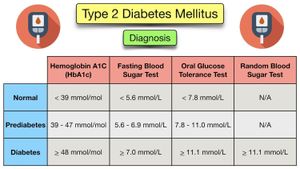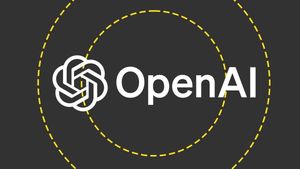BRYCE MITCHELL FACES BACKLASH FOR PRO-HITLER COMMENTS
The UFC featherweight fighter Bryce Mitchell has sparked considerable outrage following his recent podcast episode where he made several incendiary remarks praising Adolf Hitler and questioning the reality of the Holocaust. The episode, aired on January 30, 2025, featured Mitchell stating, "I honestly think Hitler was a good guy based upon my own research, not my public education indoctrination," indicating his belief before Hitler rose to power, he was someone he would have enjoyed sharing leisure time with.
During the podcast, co-host Roli Delgado urged caution by noting, "It's bad to put a whole race in camps," to which Mitchell responded by dismissing the common historical narrative of the Holocaust. He stated, "When you realize there's no possible way they could've burned and cremated six million bodies, you're gonna realize the Holocaust ain't real." This segment of the podcast received immediate backlash on various social media platforms, prompting UFC President Dana White to address the controversy.
At the Power Slap press conference on the same day, White expressed his utter disgust over Mitchell's remarks. He responded to reporters, saying, "I've heard a lot of dumb, ignorant s*** in my day, but this one's probably the worst. When you talk about Hitler, who's responsible for the death of six million Jews, and he tried to completely eliminate a race of people. World War II was the deadliest war in history, with millions of military and civilian deaths. Anyone who even tries to take an opposing position is a moron."
White recognized the harm such statements can inflict and noted the challenges posed by platforms like the internet and social media, arguing they provide easy access for individuals to share such dangerous views. Nonetheless, he made it clear the UFC would not impose any disciplinary action against Mitchell, citing principles of free speech. “It’s free speech. We don’t have to agree with it, we don’t have to like it,” White stated. Instead of punitive measures, he highlighted the UFC's intent to allow fighters to express their viewpoints, regardless of how problematic they may be.
Despite being non-punitive, White's response also contained educational undertones, stating, "He needs a real education on the facts surrounding Hitler and World War Two." He emphasized the need for fighters to understand the real impacts historical figures like Hitler had on humanity.
Mitchell's comments resonate beyond the UFC, with figures from across the combat sports community weighing in. Chael Sonnen, a former UFC fighter and current commentator, remarked, "There are just some comparisons you cannot make; you can’t praise Hitler. I had this talk with my children." Sonnen argued for accountability when fighters express abhorrent opinions, emphasizing the importance of historical awareness.
Public figures have also weighed in on privacy platforms, with Jonathan Greenblatt, CEO of the Anti-Defamation League, issuing harsh criticism of Mitchell’s remarks. He stated, "I’m aghast at this podcast interview. There are simply no words. Mitchell manages to express antisemitic, homophobic, and transphobic sentiments... He goes on to praise Adolf Hitler’s genocide of the Jewish people." Greenblatt urged immediate action from the UFC against such comments, reinforcing the point about societal responsibility.
The reactions to Mitchell's comments reflect broader societal tensions over free speech and accountability, especially within sports entertainment. While White maintains he allows fighters to voice their opinions, critics argue this should not shield them from repercussions when those views perpetuate hate or misinformation.
While the UFC's decision not to punish Mitchell aligns with their branding ethos as one centered on fierce individuality, significant questions arise about the long-term ramifications of allowing such rhetoric to go unchecked. Some observers fear Mitchell’s words may embolden others to express similar beliefs, potentially transforming UFC events from mere sporting contests to platforms for extremist ideologies.
Fighter reputations and careers are also at stake. Historically, public backlash can lead sponsors to reassess their affiliations with athletes. Sonnen predicted potential fallout for Mitchell, stating, "There’s checks and balances for these guys... Mark my words, he’s having calls from whatever sponsors he’s got, he doesn’t have them anymore. The audience is going to look at him different. Those things don’t go away."
Criticism of White's approach was also directed at his past tolerance of controversial figures, such as Conor McGregor and Greg Hardy, which indicates the UFC's priorities may lean more toward profitability than principle. Critics argue employing fighters with questionable histories is contradictory if the organization claims to be offended by derogatory remarks.
Mitchell has become synonymous with the extreme views he espoused, though the UFC remains hesitant to draw firmer lines, choosing instead to leverage controversy as promotional currency, betting fans will tune in to dislike him, possibly ensuring viewership and revenue. "For all of you who hate Bryce Mitchell, you get to hopefully see him get his ass whooped on global television," White remarked, showing the business side of UFC's handling of this grave matter.
The incident presents the latest example of the intersection between dialogue, accountability, and social responsibility within sports. How the UFC navigates this complex terrain as they position themselves with various stakeholders—ranging from fans to sponsors—may dictate their image and influence within the broader sporting community moving forward.



